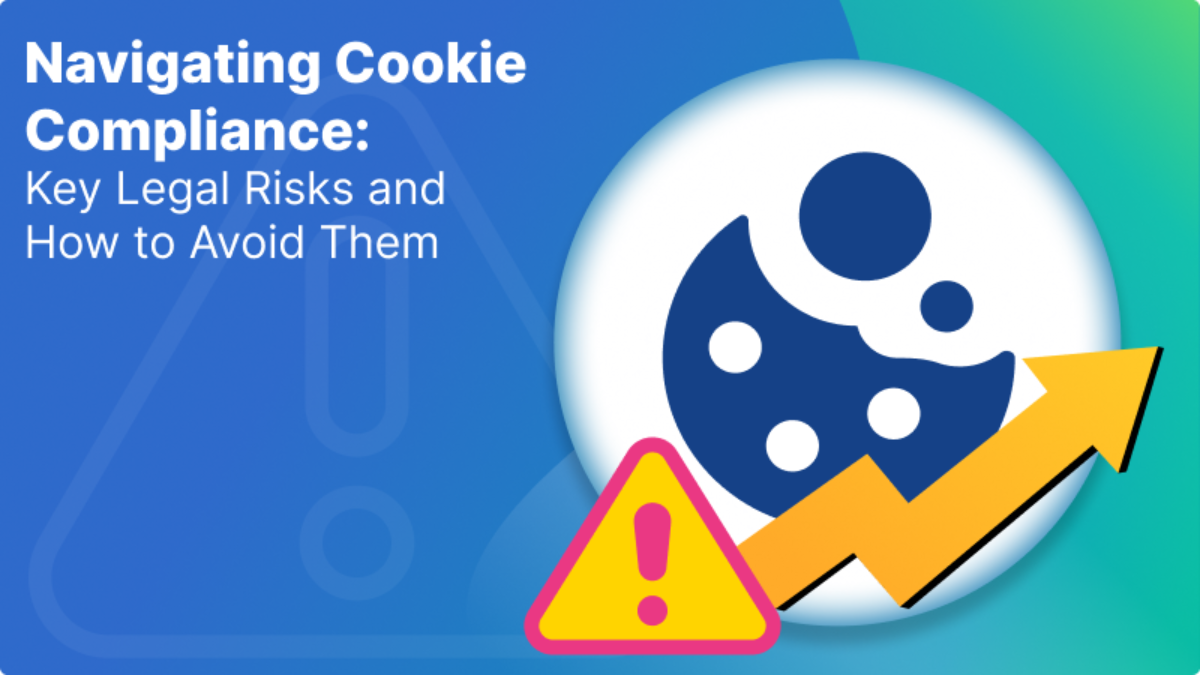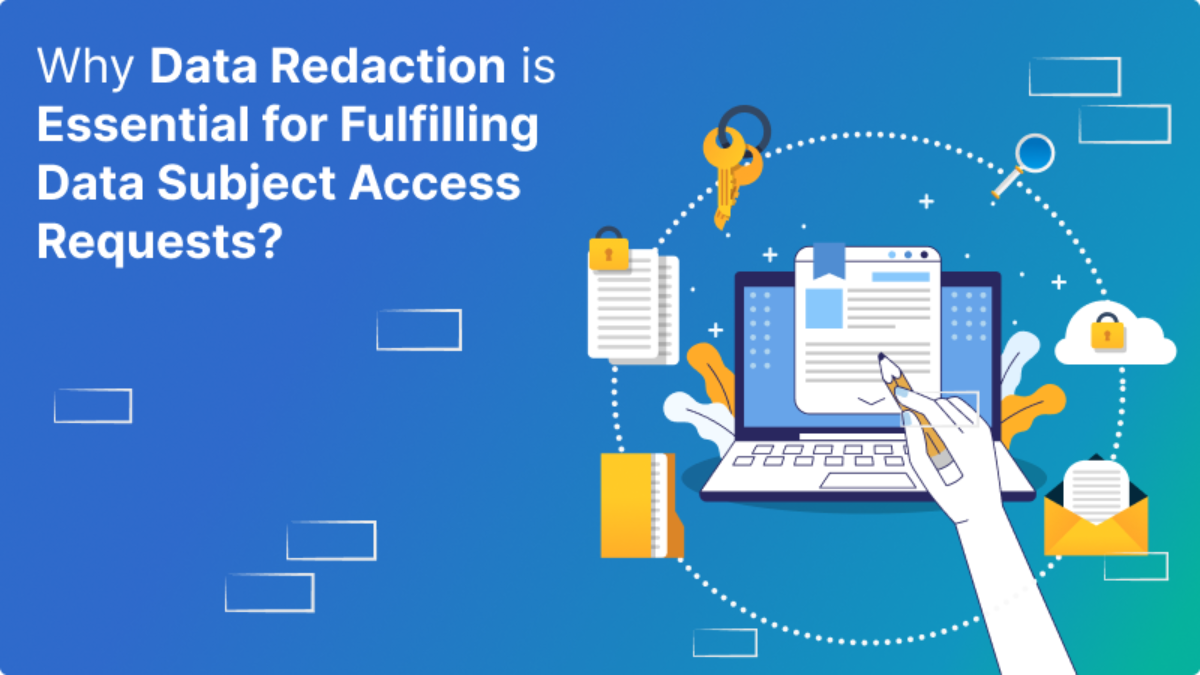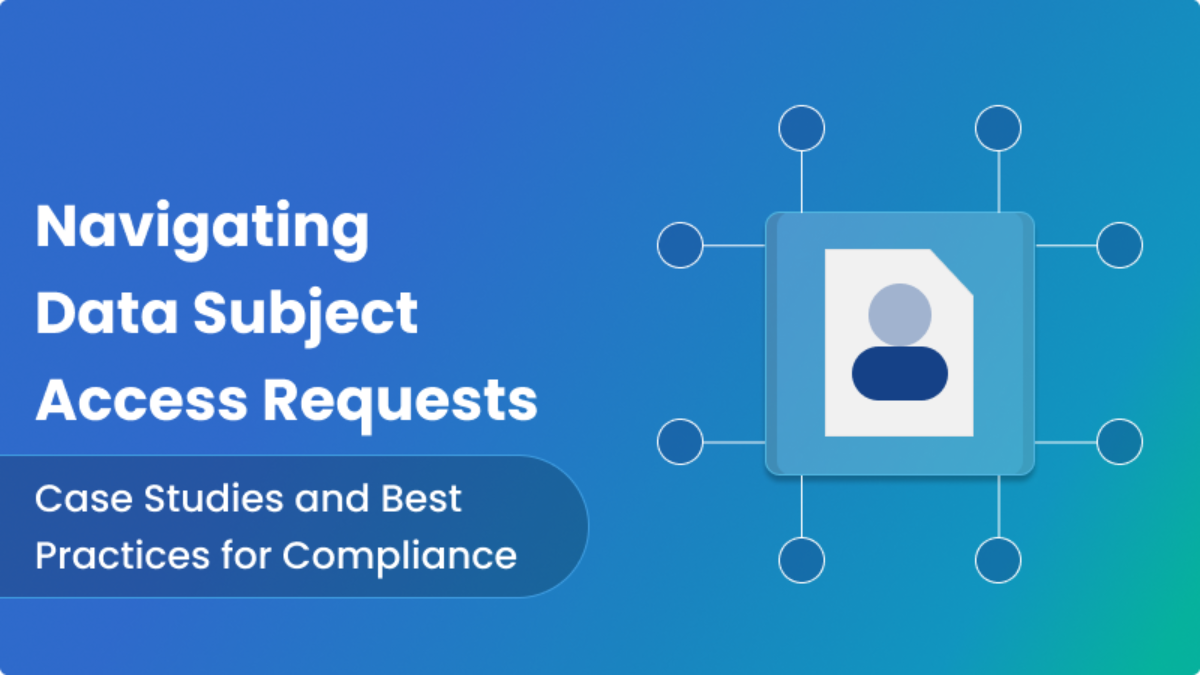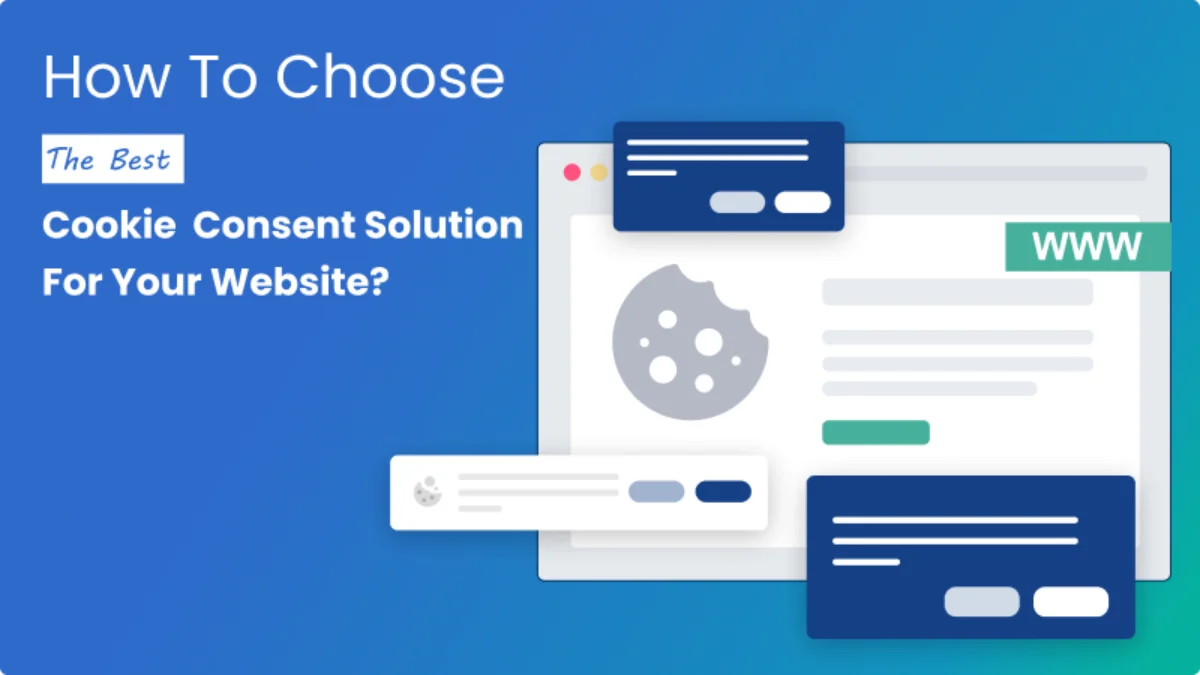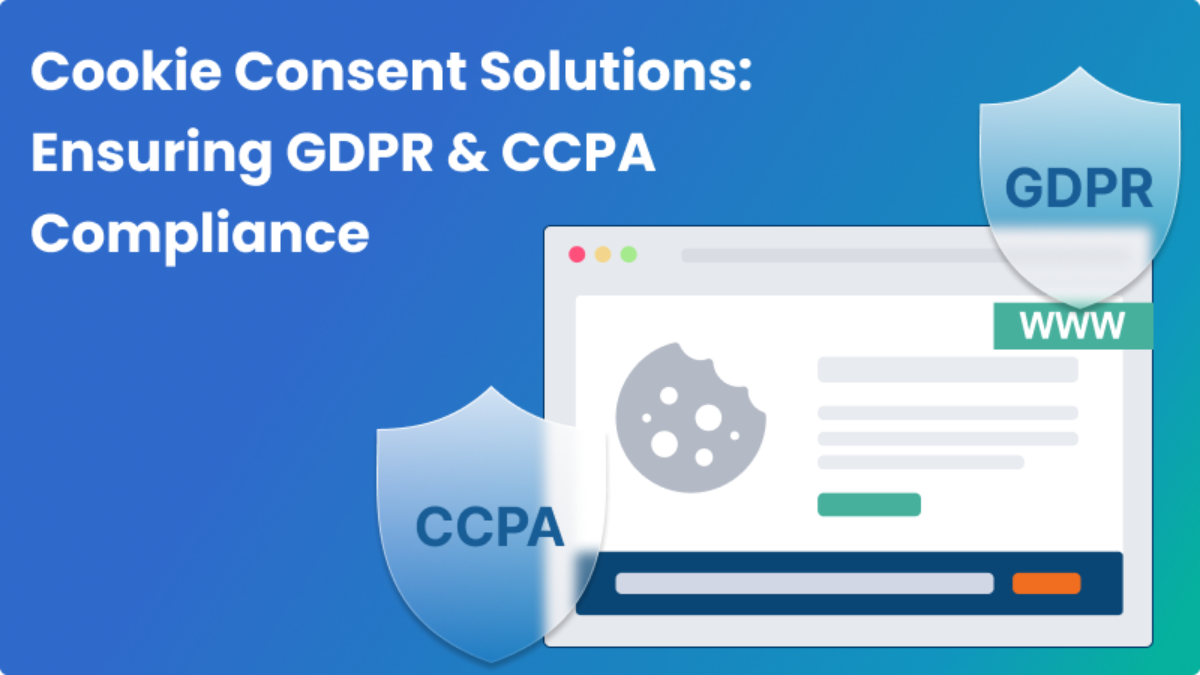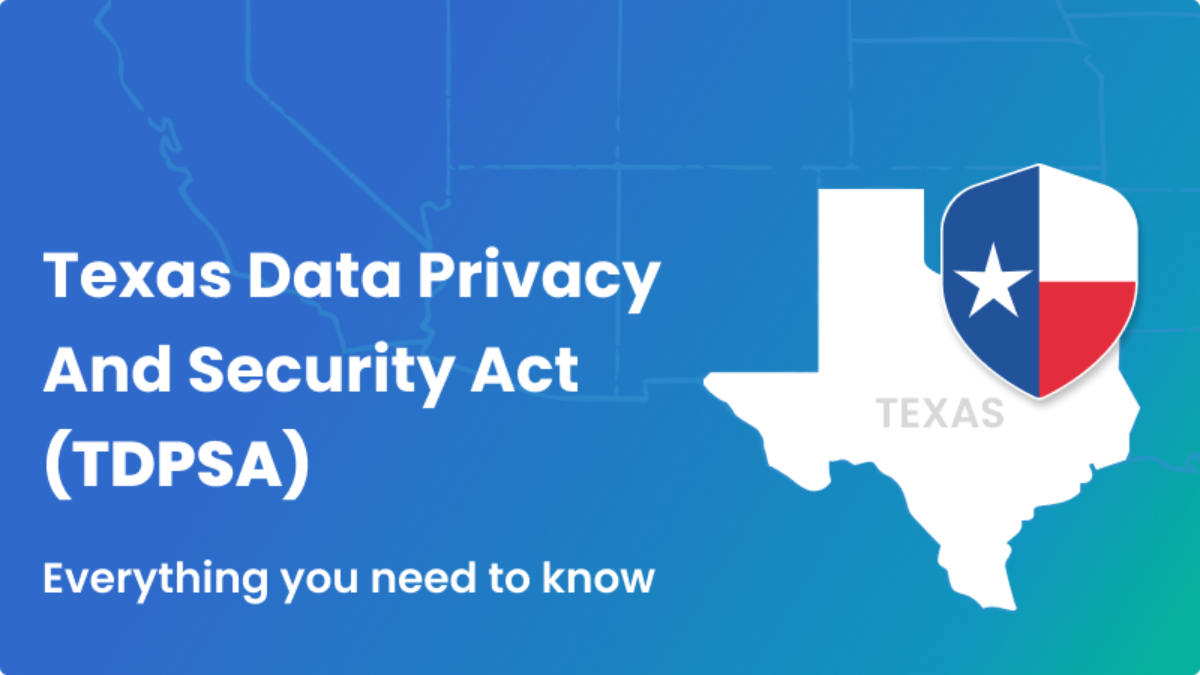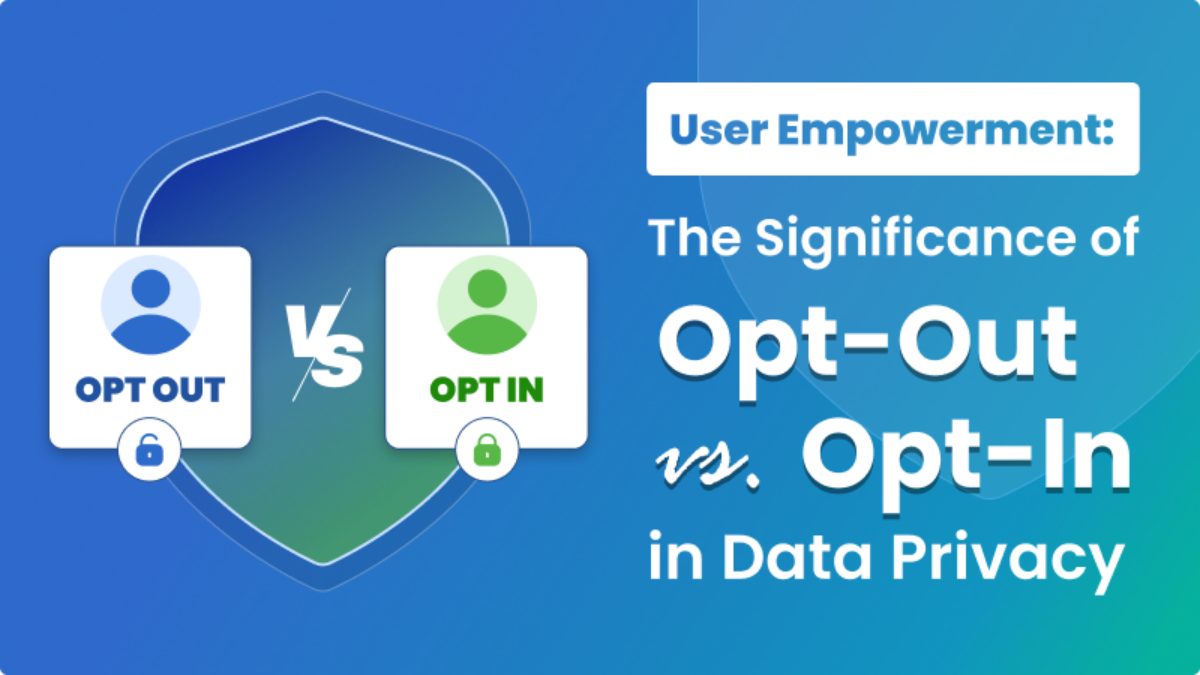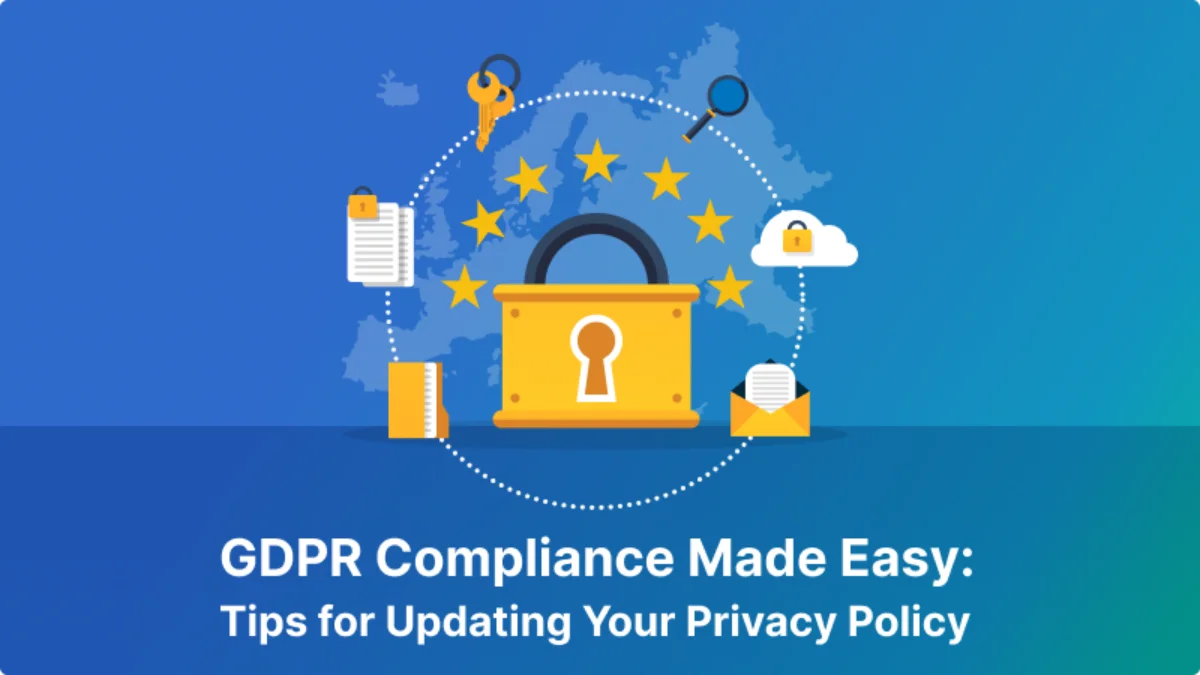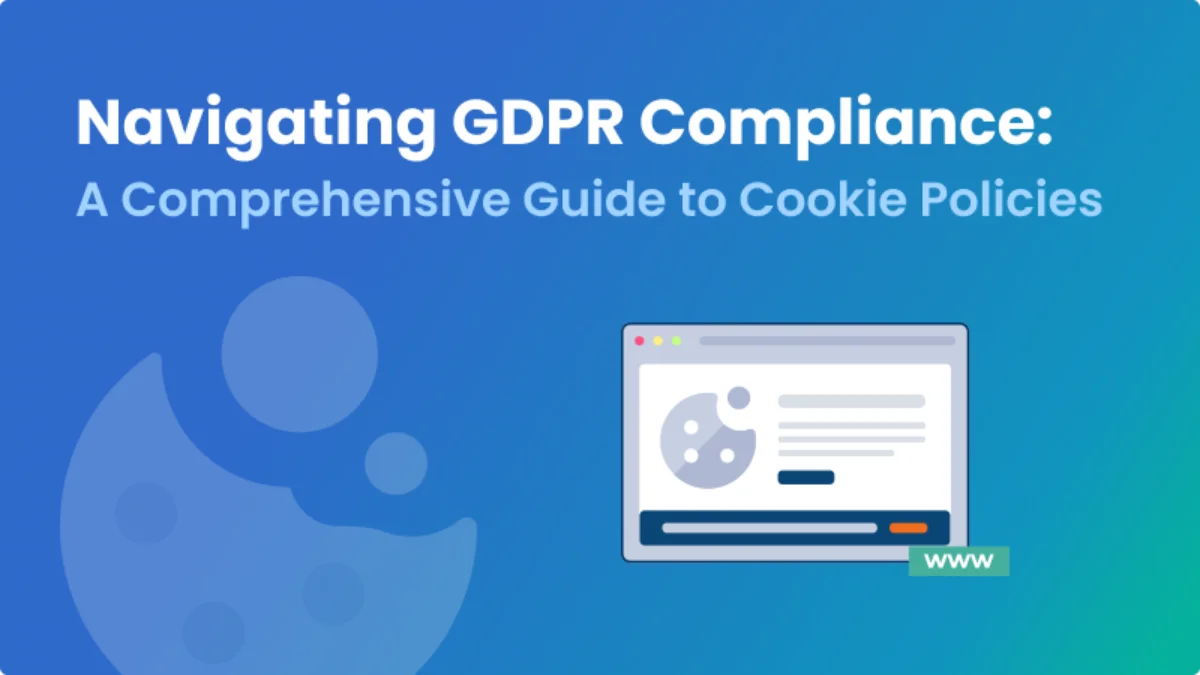Balancing business interests and consumer privacy

The ethics of data collection: balancing business interests and consumer privacy
In the age of the internet, data has become an invaluable asset to businesses looking to gain insights into their customers, improve their products and services, and ultimately, drive revenue. The ethical considerations surrounding consumer privacy play a pivotal role in shaping responsible business practices. Data collection is the process of gathering and analyzing information about consumers through various means such as online tracking, surveys, and purchase histories. This places a strong emphasis on consumer privacy in adherence to ethical business standards.
Data collection is important to businesses for several reasons. First, it allows them to better understand their customers and target their marketing efforts more effectively. By analyzing customer behavior, businesses can tailor their products and services to better meet their needs, ultimately increasing customer satisfaction and loyalty. Additionally, data collection can help businesses identify trends and patterns in the market, which can be used to inform business decisions and stay ahead of the competition.
However, data collection is not without ethical considerations. With the increasing amount of personal information being collected by businesses, there is a growing concern about how this data is being used and the potential for privacy violations. As a result, it is important for businesses to balance their interests in collecting data with their responsibility to protect consumer privacy.
In this article, we will explore the ethics of data collection and examine ways businesses can balance their interests with consumer privacy.
Business interests and data collection
Data collection provides several benefits to businesses that can help them improve their operations and drive growth. Some of these benefits include:
- Improved customer understanding: Data collection allows businesses to gain a deeper understanding of their customers, including their preferences, behaviors, and needs. This information can be used to create more targeted marketing campaigns and personalized experiences, ultimately increasing customer satisfaction and loyalty.
- Informed decision-making: Data collection provides businesses with insights into market trends and customer behavior that can inform business decisions. This can help businesses stay ahead of the competition and make strategic choices that lead to growth and profitability.
- Operational efficiency: Data collection can help businesses streamline their operations by identifying areas of inefficiency and opportunities for improvement. By analyzing data on sales, inventory, and customer behavior, businesses can optimize their supply chain and reduce costs.
- Revenue generation: Data collection can be used to identify opportunities for revenue generation, such as cross-selling and upselling. By analyzing customer data, businesses can identify products or services that are in high demand and offer them to customers at the right time.
Several successful data-driven business models exist today, such as:
In the world of data-driven business models, where companies use consumer information to improve operations, with a focus on consumer privacy in business ethics, notable examples include:
Amazon: Amazon uses data collected from customer purchases, searches, and browsing behavior to recommend products, tailor marketing campaigns, and personalize the customer experience.
Netflix: Netflix uses data on customer viewing behavior to recommend new content, tailor their homepage to each customer, and create original content that appeals to their audience.
Uber: Uber uses data on rider behavior, traffic patterns, and driver availability to optimize their operations and provide a more efficient and convenient service to customers.
Despite the benefits of data collection, there are also potential risks that businesses must consider, such as:
Data breaches: As businesses collect more data on their customers, they become a target for cyberattacks and data breaches. These breaches can result in the loss of sensitive customer information and damage to the business’s reputation.
Privacy violations: Collecting data without proper consent or using it for purposes other than what was disclosed can lead to privacy violations and legal consequences.
Bias: Data collection can introduce bias into business decisions if the data being collected is not representative of the entire customer base. This can result in products and services that only appeal to certain groups, ultimately limiting growth and profitability.
Overall, businesses must carefully consider the potential risks and benefits of data collection and implement appropriate measures to protect consumer privacy and prevent data breaches.
Consumer privacy concerns
Consumer privacy is of utmost importance when it comes to data collection. With the increasing amount of personal information being collected by businesses, consumers are becoming more concerned about how their data is being used and who has access to it.
The importance of consumer privacy cannot be overstated. Consumers have a right to control their personal information and to know how it is being used. Protecting consumer privacy is also crucial for maintaining trust between businesses and their customers, which can ultimately impact a business’s bottom line.
Unfortunately, there have been several high-profile examples of data breaches and privacy violations in recent years. For example, in 2017, credit reporting agency Equifax suffered a massive data breach that exposed the personal information of 143 million people. In 2018, Facebook was embroiled in a scandal when it was revealed that the data of millions of users had been harvested by a third-party app without their consent.
The potential consequences of privacy violations for businesses can be severe. In addition to damaging the business’s reputation, privacy violations can result in legal consequences and hefty fines. For example, in 2020, British Airways was fined $230 million for a data breach that exposed the personal information of 500,000 customers.
Privacy violations can also lead to a loss of customer trust, which can impact a business’s bottom line. Customers who feel that their privacy has been violated are less likely to do business with that company in the future, ultimately leading to a loss of revenue.
In conclusion, businesses must take consumer privacy seriously and implement appropriate measures to protect personal information. This includes obtaining proper consent before collecting data, using secure systems to store and protect data, and being transparent about how data is being used. By prioritizing consumer privacy, businesses can build trust with their customers and ultimately drive long-term growth and success.
Balancing business interests and consumer privacy
As businesses collect more data to drive growth and improve their operations, it is crucial that they balance their interests with the privacy rights of their customers. Ethical data collection practices should be followed to ensure that the data being collected is used in a responsible and transparent way.
Current data privacy regulations, such as the General Data Protection Regulation (GDPR) and the California Consumer Privacy Act (CCPA), are designed to protect consumer privacy and give individuals more control over their personal data. These regulations require businesses to obtain proper consent before collecting data, be transparent about how data is being used, and allow individuals to access and delete their personal information.
Businesses can take several steps to protect consumer privacy while still collecting data. Some of these steps include:
Data minimization: Businesses should only collect the data that is necessary for their operations and should avoid collecting excessive or unnecessary data.
Anonymization and pseudonymization: To protect the privacy of individuals, businesses can use techniques like anonymization and pseudonymization to remove or disguise personal identifiers in data.
Data security: Businesses should use secure systems to store and protect data from cyberattacks and data breaches. This includes encrypting sensitive data, implementing access controls, and regularly monitoring and testing security systems.
Transparency: Businesses should be transparent about how data is being used and provide individuals with clear and concise privacy notices that explain the purposes of data collection and the rights of individuals.
Consent: Businesses should obtain proper consent before collecting data and give individuals the option to opt-out of data collection or processing.
In conclusion, businesses must balance their interests with the privacy rights of their customers by following ethical data collection practices. This includes complying with current data privacy regulations, implementing appropriate measures to protect consumer privacy, and being transparent about how data is being used. By prioritizing consumer privacy, businesses can build trust with their customers and ultimately drive long-term growth and success.
The future of data collection and privacy
As emerging technologies continue to transform the business landscape, it is essential to consider their impact on data collection and privacy. While these technologies offer new opportunities for businesses to collect and use data, they also present new risks and challenges that must be addressed.
Data Collection & Privacy Concerns With AI
One example of an emerging technology is artificial intelligence (AI). AI has the potential to revolutionize data collection by analyzing vast amounts of data and providing insights that can inform business decisions. However, the use of AI also raises concerns about privacy and bias, as algorithms can perpetuate or amplify existing inequalities and stereotypes.
Data Privacy Concern with IoTs
Another emerging technology is the Internet of Things (IoT), which refers to the interconnected network of physical devices, vehicles, home appliances, and other items embedded with sensors, software, and network connectivity. IoT presents new opportunities for businesses to collect data from a variety of sources, but it also raises concerns about the security and privacy of personal data.
Blockchain & Data Privacy Concerns
The use of blockchain technology, which is a decentralized and secure digital ledger, has also become increasingly popular for data collection and sharing. While blockchain can enhance security and transparency, it can also create challenges for privacy, as once data is stored on a blockchain, it cannot be deleted.
Data Ethics: Privacy in Emerging Technologies
The potential benefits of these technologies are significant, but so are the risks. As such, it is essential to continue to consider ethical considerations when it comes to data collection and privacy. Businesses must ensure that they are transparent about how data is being used and give individuals control over their personal information.
To achieve this, businesses can consider implementing privacy by design principles, which involves integrating privacy considerations into the design and development of products and services. Additionally, businesses can use privacy-enhancing technologies, such as encryption and anonymization, to protect personal data.
In conclusion, emerging technologies present new opportunities and challenges for data collection and privacy. As businesses continue to collect and use data, it is essential to consider the ethical implications of these practices and take steps to protect the privacy of individuals. By prioritizing consumer privacy, businesses can build trust with their customers and drive long-term success.
